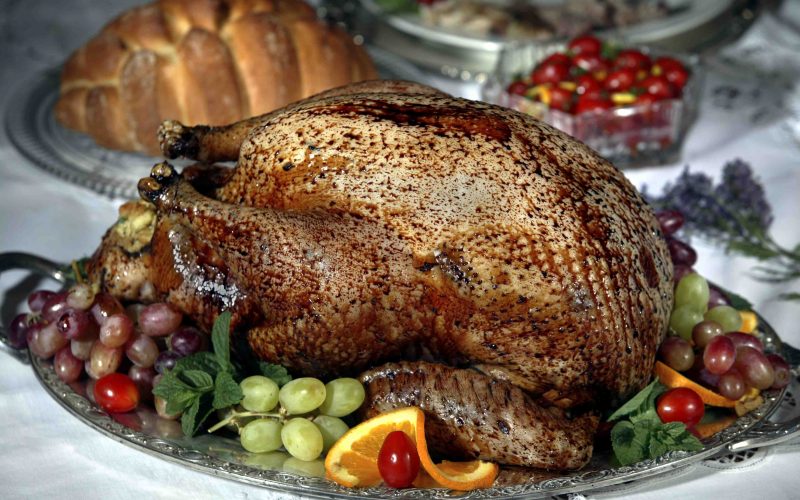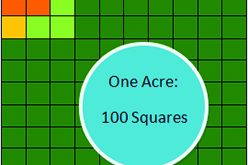Holiday reminds us of resilience, happiness and peace
AMANDA BANCROFT
Making Ripples
Thanksgiving is a gift. It’s not only a holiday about turkey, parades, pilgrims and football. It’s a package left on the doorstep of our hearts, full of wisdom, strength and solutions. It just so happens to be my favorite holiday, admittedly in part because we celebrate mashed potatoes and pumpkins but mostly because we focus on gratitude. Gratitude is a state of consciousness, a worldview, a perspective, an inner strength. It breeds resilience, happiness and peace. “If you’ve forgotten the language of gratitude, you’ll never be on speaking terms with happiness,” writes Ocean Robbins for the Huffington Post.
It’s easier to be healthy and make a difference at home and in the world with a heart full of gratitude. Making it easier to create a better world is especially beneficial for people who have dedicated their life to making ripples, either by working at a nonprofit, running a business that primarily serves the environment or oppressed people through its profits, or folks who volunteer a significant amount of time per week. It can feel like our actions don’t matter or that there are many more people working to destroy the world than there are people trying to nurture it.
It’s exhausting to go against the cultural mainstream even in small ways. Gratitude can give a big boost to those who are marginalized because they do good in the world. According to several scientific studies, gratitude has a positive impact on health and well-being. The University of California at Berkeley’s Greater Good Science Center says that “people who practice gratitude report fewer symptoms of illness, including depression, more optimism and happiness, stronger relationships, more generous behavior and many other benefits.”
Feeling grateful is almost a meditative state and often requires concentration and reminders. When we’re suffering, feeling grateful is difficult. The sick, poor and oppressed don’t need to be told “just be grateful for what you DO have.” We don’t have to dismiss our struggles, which are quite real and important to address. Instead, we can acknowledge how hard it is, and use gratitude to actively address those problems.
The power of gratitude often uncovers surprises. When facing a challenge, for example, we might think there is no solution in sight or that we just can’t do it. Then gratitude helps us remember a previous challenge that we overcame. Suddenly, we’re more adaptable and able to think of a new solution to the current problem based on what we CAN do, based on what we feel grateful for being able to do in the past.
Counting our blessings is perfectly fine in the traditional way it’s done: counting one blessing at a time, like family, and feeling grateful for it. But it can be extended further. Maybe you feel like you don’t have any friends, but you are grateful when someone is kind to you. Gratitude might inspire you to reach out to someone new, or recall a person in your life you’re grateful for and arrange a visit with them. Counting blessings is counting our strengths, resources and personal power. Gratitude certainly deserves its own holiday! Happy Thanksgiving!
Amanda Bancroft is a writer, artist, and naturalist building an off-grid cottage for land conservation on Kessler Mountain. She and her husband Ryan blog about their adventures and offer a solar-hosted online educational center on how to make a difference with everyday choices at www.RipplesBlog.org.










